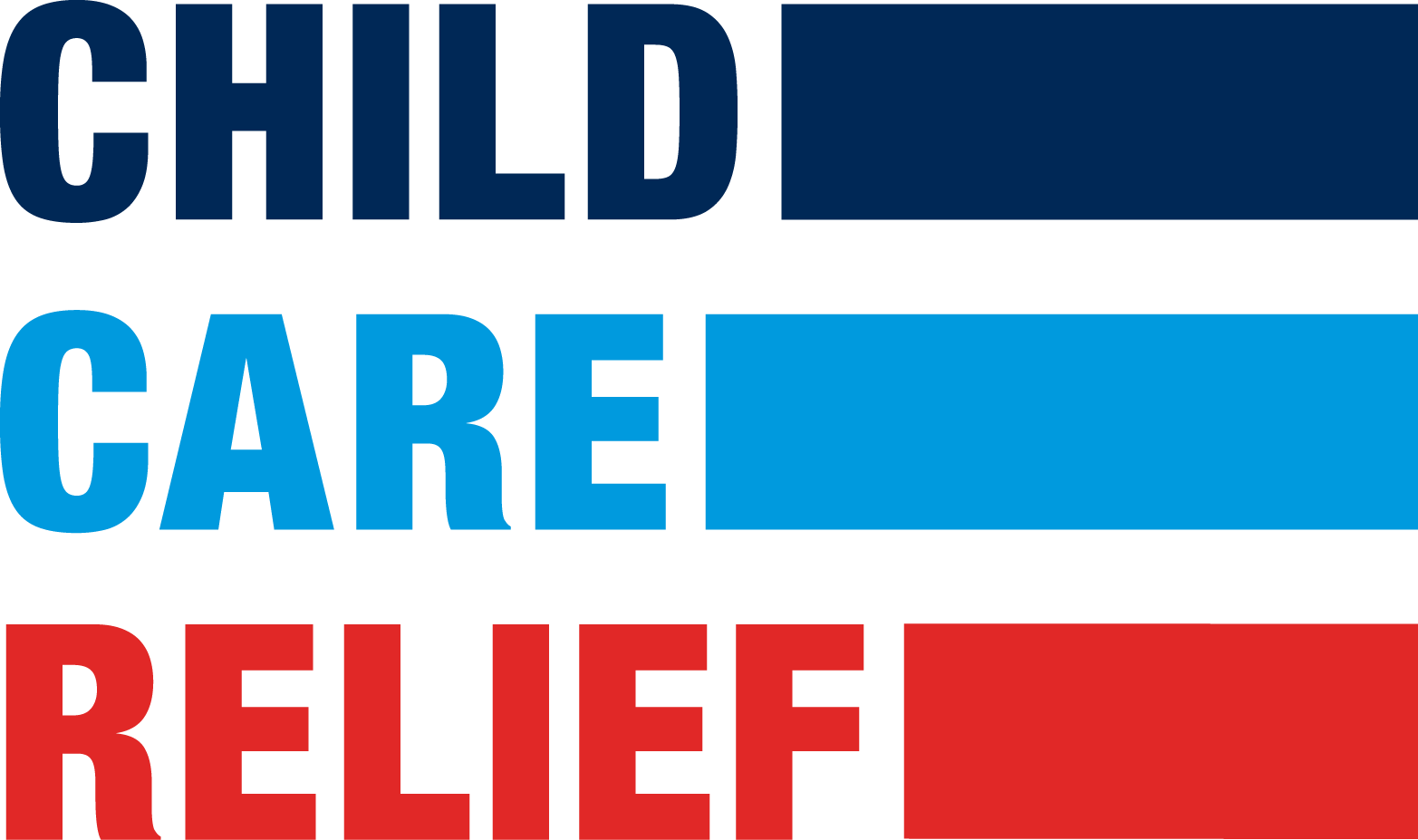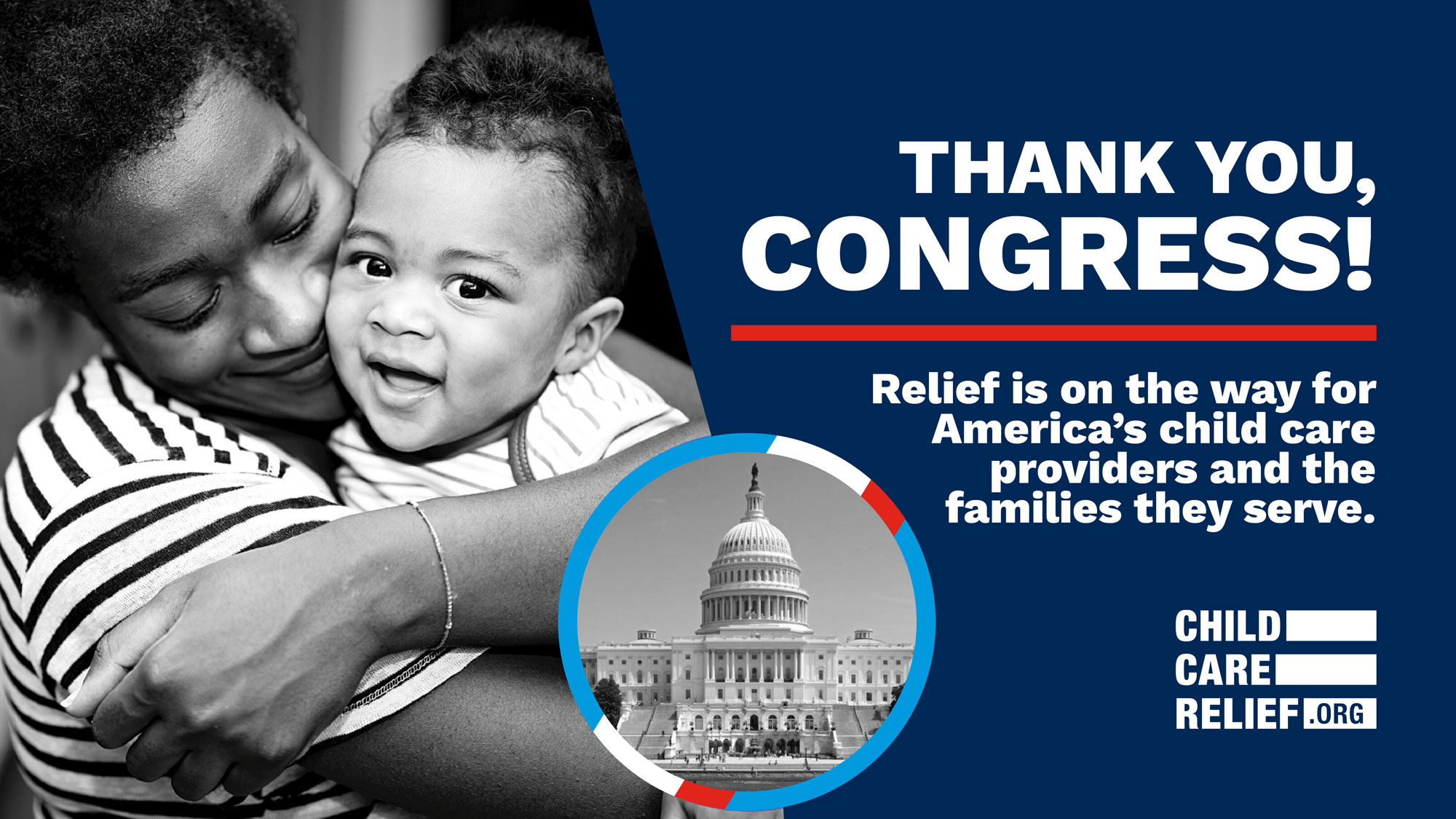
Talking Points – Child Care Relief
OVERVIEW
In addition to the proven benefits to a child’s learning and healthy development, quality child care is an essential pillar of America’s labor market and economy, making it possible for millions of parents to go to work or attend school each day. The nationwide Coronavirus crisis has hit the child care industry – both center-based care and family child care alike – especially hard, causing widespread layoffs and closures as a result of catastrophic drops in enrollment. Extended closures during this time could put a substantial percentage of them out of business permanently, exacerbating the existing realities of child care deserts. Child care closures will hit families of color, rural areas, and low-income neighborhoods especially hard, as these communities already had an undersupply of quality, affordable child care. At the same time, child care providers still working or reopening will have to operate on financial losses for months as a result of new social distancing requirements and low enrollment, as parents slowly return to work. The devastating impact of these realities cannot be sustained without direct federal investments that ensure child care providers can keep their doors open to meet the needs of working families. Without question, America’s economic recovery from the COVID-19 crisis will depend on whether the child care industry survives.
CHILD CARE AND THE COVID-19 CRISIS
After months of uncertainty and the potential for extended business closures, the strain being placed on our child care providers, who are already operating on razor thin margins, could force many out of business permanently.
Half of the nation’s child care providers are closed as a result of the COVID-19 crisis and say they won’t survive a closure of more than two weeks without significant relief. That loss of child care supply could result in a permanent loss of nearly 4.5 million child care slots.
While most parents know their children in K-12 will have a school to eventually return to, the same cannot be said for parents with children aged 0-5.
A recent Bipartisan Policy Center survey showed two-thirds of parents who still need child care are having difficulty finding it. Further, about half of parents are concerned their provider would no longer be open when they are able to return to work.
We know the economic recovery in our country will be a slow, phased process, and yet child care providers must be open and ready for families in order to begin the recovery process. This means:
- Child care providers still operating or reopening, will have to operate on financial losses for months to come due to new social distancing requirements and low enrollment as parents slowly return to work.
- Providers will also face increased supply expenses for safety and sanitation materials for the foreseeable future.
The devastating impact of these financial realities cannot be sustained without direct federal investments that ensure child care providers, both center-based and home-based care, can keep their doors open to meet the needs of children and families.
There is no denying, if child care providers remain closed and the industry collapses, working parents won’t be able to return to work and our economic recovery will suffer.
THE NEED FOR DEDICATED FEDERAL RELIEF
As our country moves through the various phases of recovery and reopening the economy, no industry will be able to restart if the child care industry collapses and a big portion of the labor force no longer has access to reliable, high-quality child care they depend on to be able to go to work. This will disproportionately impact working mothers, who support their families’ financial security as breadwinners and contribute to the size of the overall economy. While the Paycheck Protection Program has helped a small fraction of child care providers stay afloat for a short time, it is not designed to meet the unique needs of child care providers who must operate on financial losses for months to come as parents slowly return to work. Therefore, substantial, direct, and targeted federal support for child care is essential for the future of the industry.
Congress must take additional steps to provide substantial, direct relief to meet the unique needs of our nation’s child care providers and the families they serve to:
- Stabilize the child care industry during the pandemic as stay-at-home and social distancing measures limit revenue and threaten the collapse of the industry.
- Guarantee the child care programs that are choosing to stay open during the crisis have the necessary support so that essential and front-line workers can access care – and that the children attending these programs continue to receive high-quality services.
- Ensure child care providers have the support they need to operate and be available for children and families as states re-open.
Our nation’s long-term well-being depends on a child care infrastructure that works for every family. An abundance of quality, affordable, child care is fundamental to our economic recovery from the pandemic and beyond.
